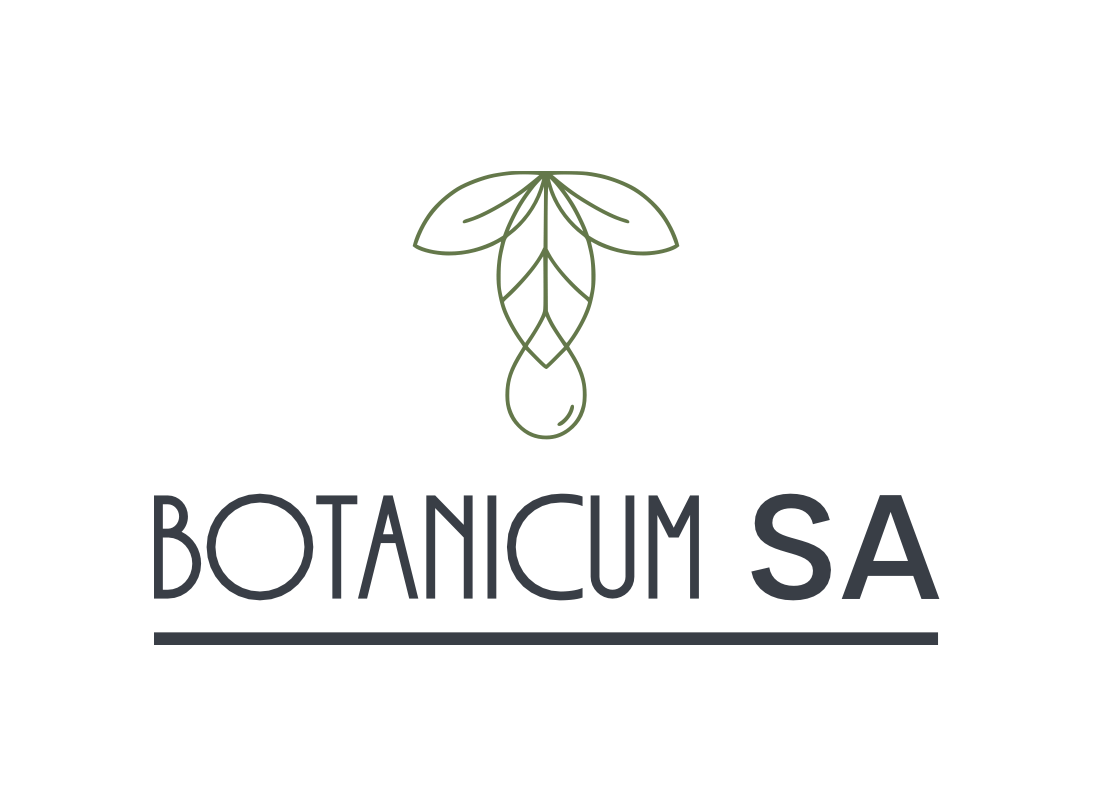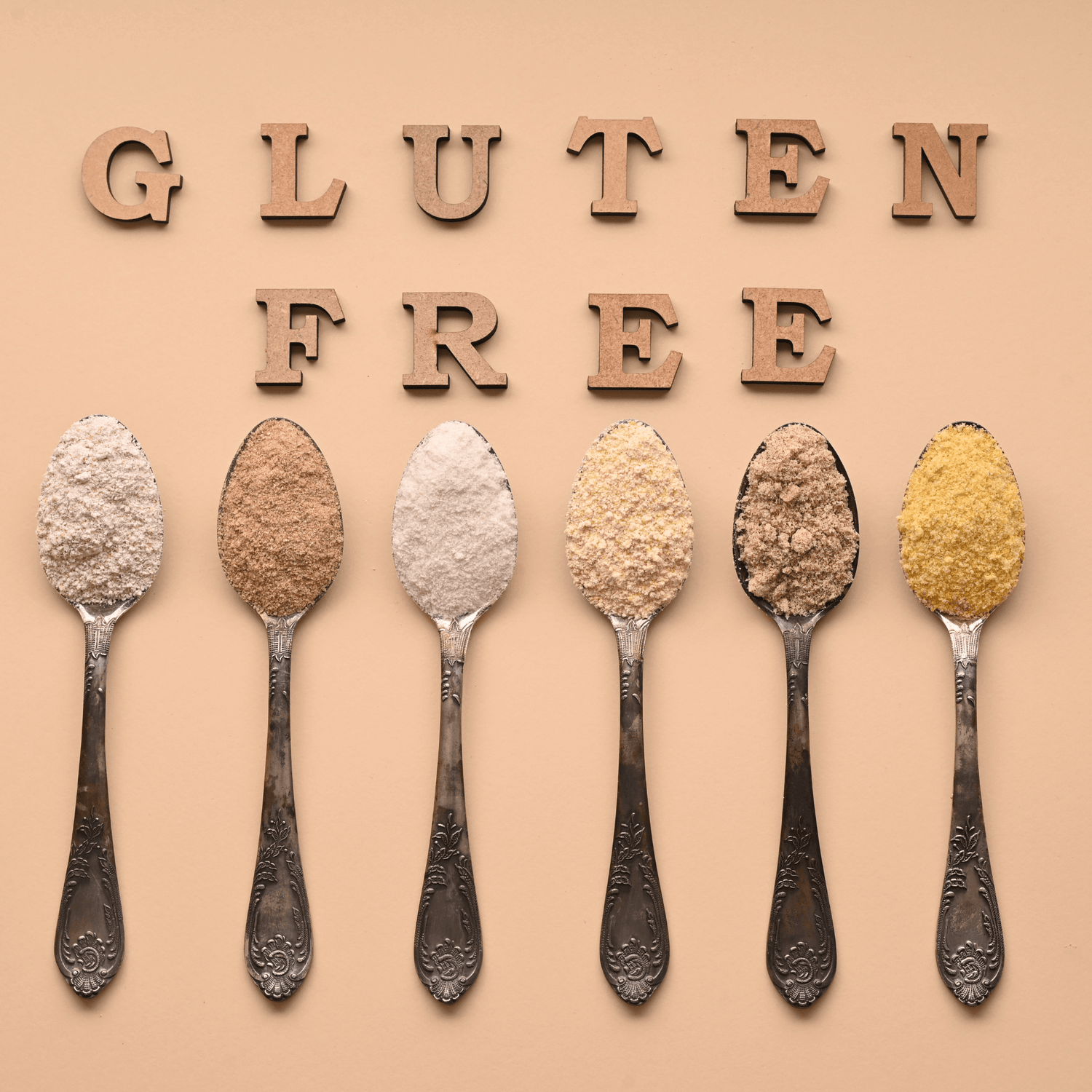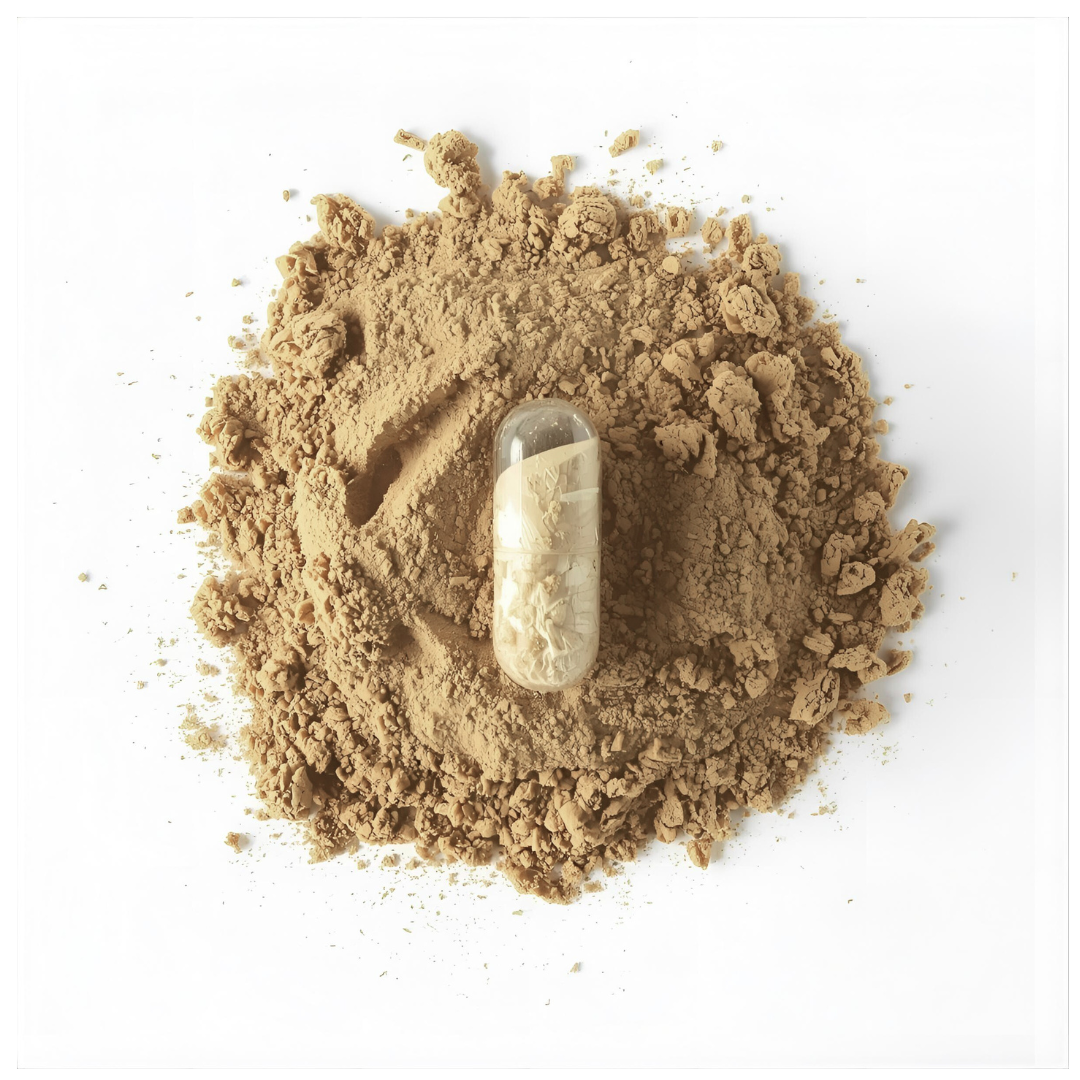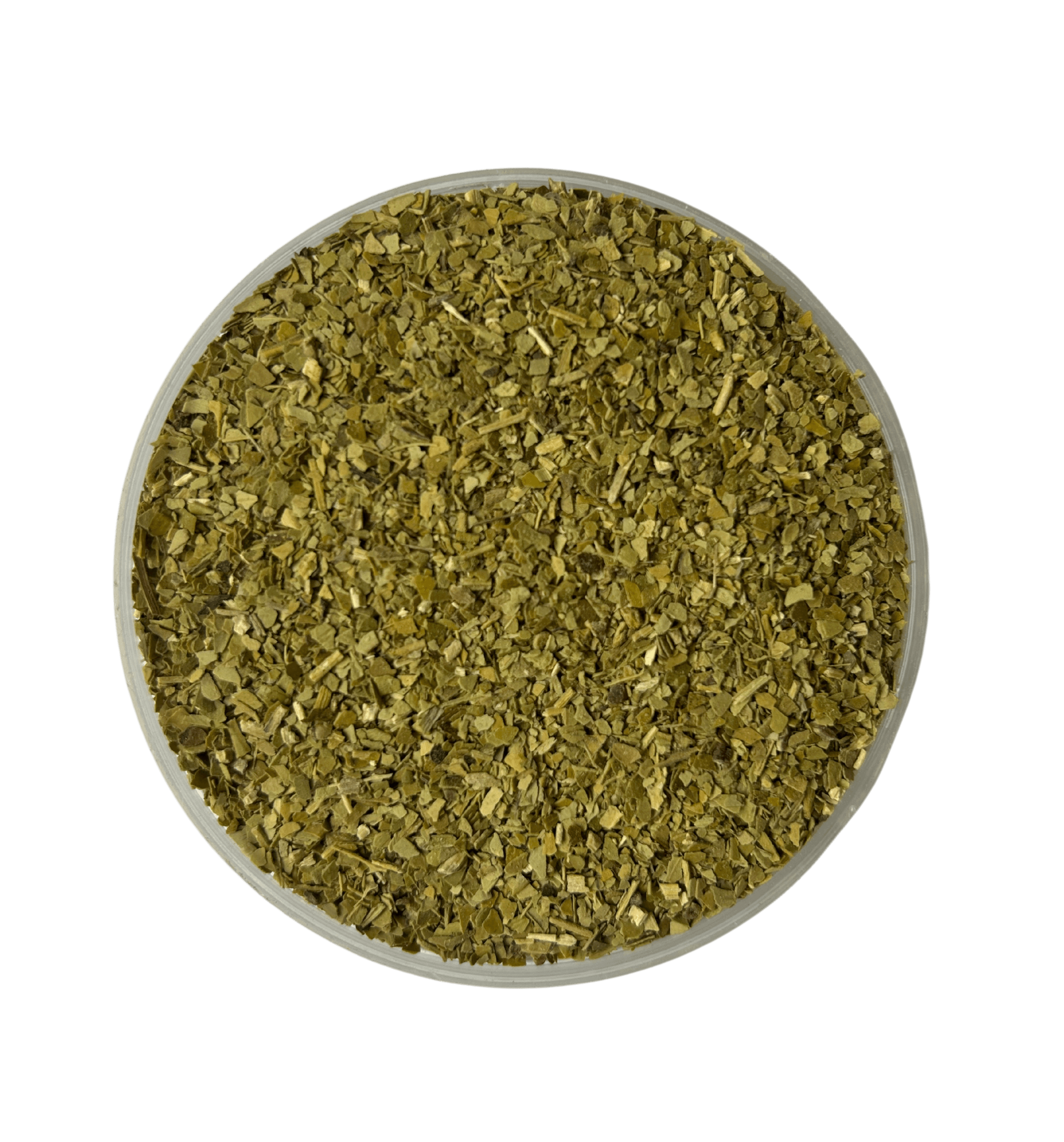In recent years, medicinal mushrooms have garnered attention for their potential health benefits, ranging from immune support to anti-inflammatory properties. However, for individuals with celiac disease, incorporating medicinal mushrooms into their diet raises questions and considerations. In this blog post, we'll delve into the pros and cons of using medicinal mushrooms for those with celiac disease, shedding light on both the potential benefits and important considerations.
Pros of Medicinal Mushrooms for Celiac Disease:
-
Immune Support: Medicinal mushrooms like Reishi, Shiitake, and Maitake are renowned for their immune-modulating effects. For individuals with celiac disease, supporting the immune system can be crucial, as the condition can sometimes lead to immune system imbalances [1].
-
Anti-Inflammatory Properties: Many medicinal mushrooms exhibit potent anti-inflammatory properties, which can be beneficial for individuals with celiac disease who may experience inflammation in the gut [2].
-
Nutrient Density: Mushrooms are naturally rich in various nutrients, including vitamins, minerals, and antioxidants. Incorporating medicinal mushrooms into the diet can provide essential nutrients that individuals with celiac disease may be deficient in due to dietary restrictions [3].
Cons of Medicinal Mushrooms for Celiac Disease:
-
Potential Cross-Contamination: Individuals with celiac disease must be cautious about cross-contamination with gluten-containing products. While medicinal mushrooms themselves are gluten-free, there's a risk of cross-contamination during processing or packaging [4].
-
Sulphite Sensitivity: Some mushrooms naturally contain sulphites, which can trigger adverse reactions in individuals sensitive to sulphites. It's essential for those with celiac disease to be aware of this potential sensitivity and choose mushroom accordingly [5].
-
Individual Sensitivities: While medicinal mushrooms are generally well-tolerated, some individuals may experience adverse reactions or sensitivities to specific mushroom species. It's important to start with small doses and monitor for any adverse effects [6].
Incorporating medicinal mushrooms into the diet can offer potential health benefits for individuals with celiac disease, including immune support, anti-inflammatory properties, and nutrient density. However, it's crucial to consider the potential risks, such as cross-contamination, sulphite sensitivity, and individual sensitivities. Consulting with a healthcare provider or registered dietitian can provide personalized guidance on integrating medicinal mushrooms safely into a gluten-free diet for individuals with celiac disease.
References:
- https://www.ncbi.nlm.nih.gov/pmc/articles/PMC4320875/
- https://www.ncbi.nlm.nih.gov/pmc/articles/PMC4684115/
- https://www.ncbi.nlm.nih.gov/pmc/articles/PMC3924982/
- https://www.ncbi.nlm.nih.gov/pmc/articles/PMC4898125/
- https://pubmed.ncbi.nlm.nih.gov/22849363/
- https://www.ncbi.nlm.nih.gov/pmc/articles/PMC3774877/





Leave a comment
This site is protected by hCaptcha and the hCaptcha Privacy Policy and Terms of Service apply.